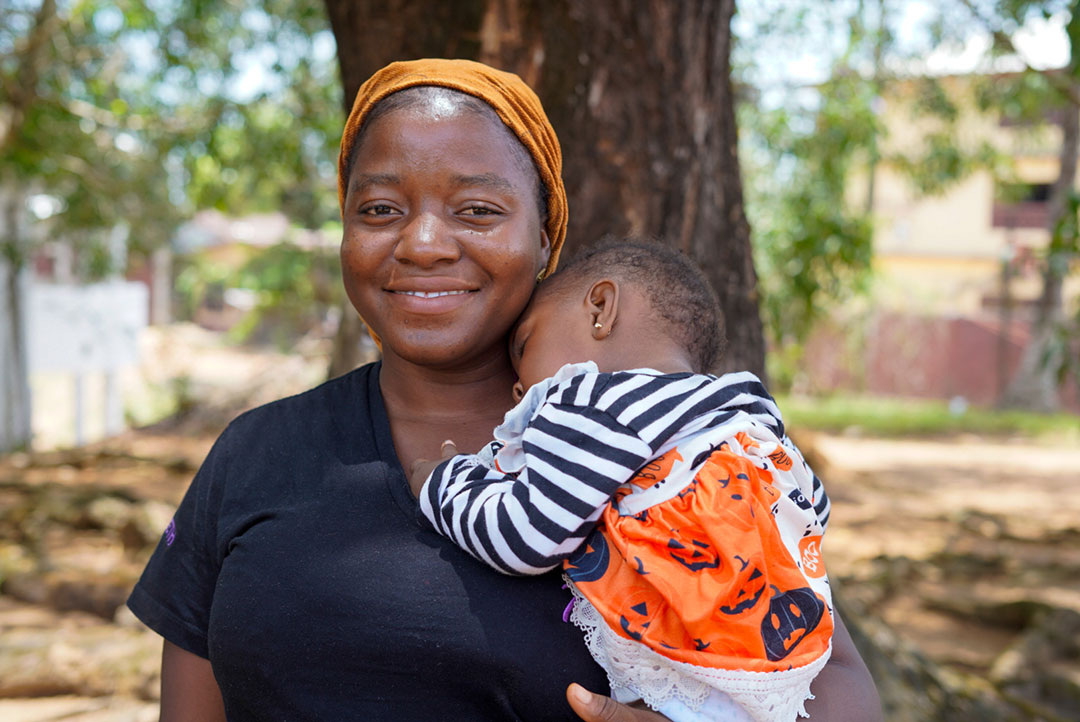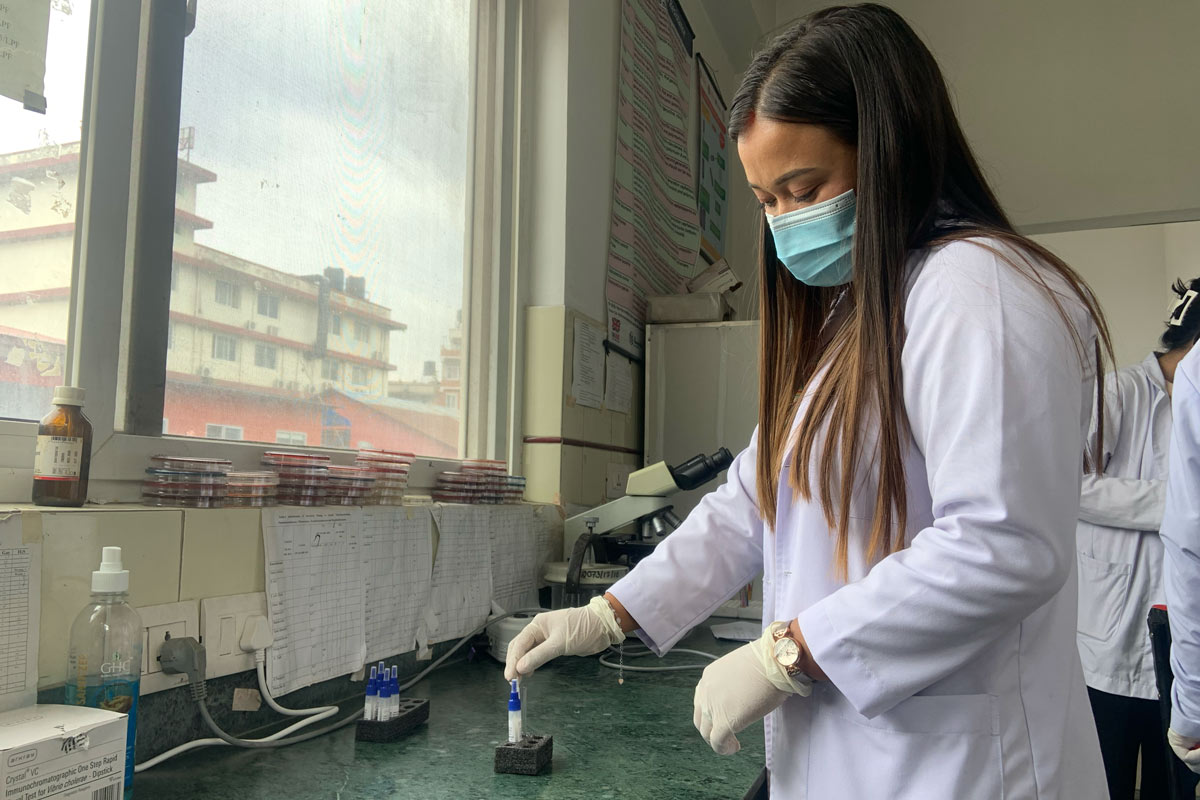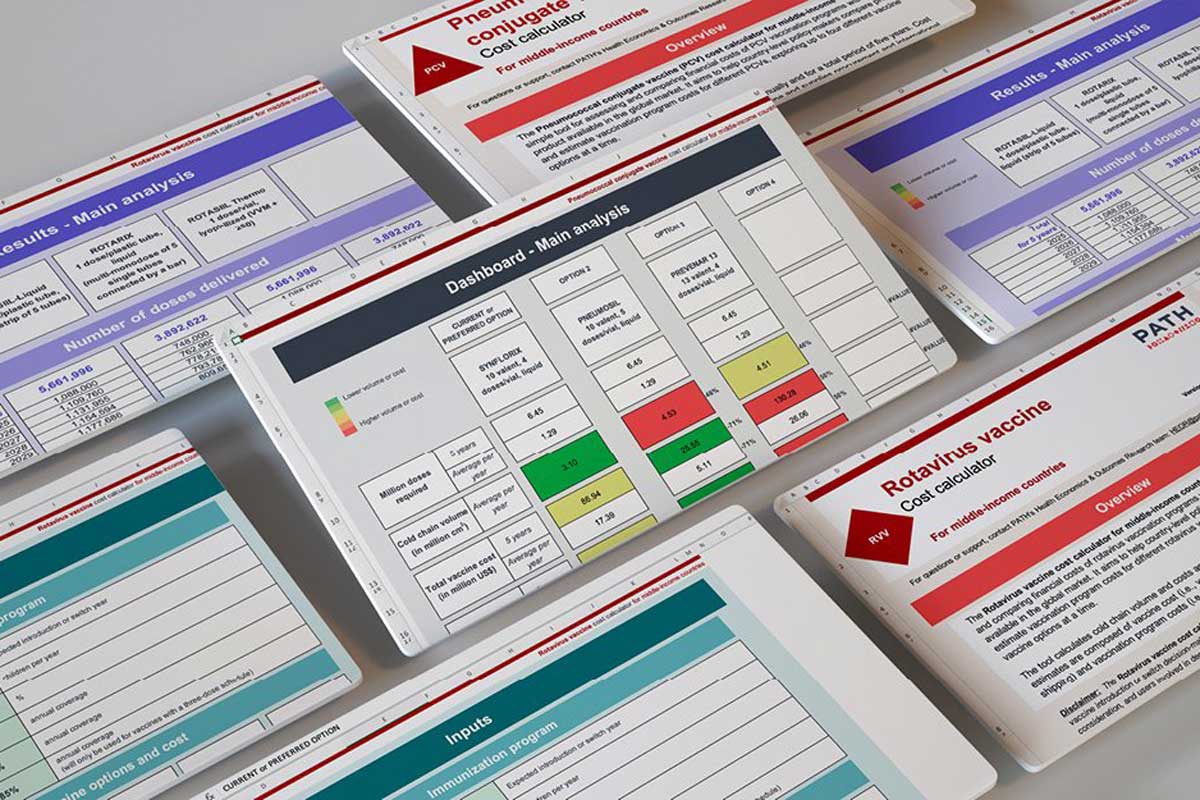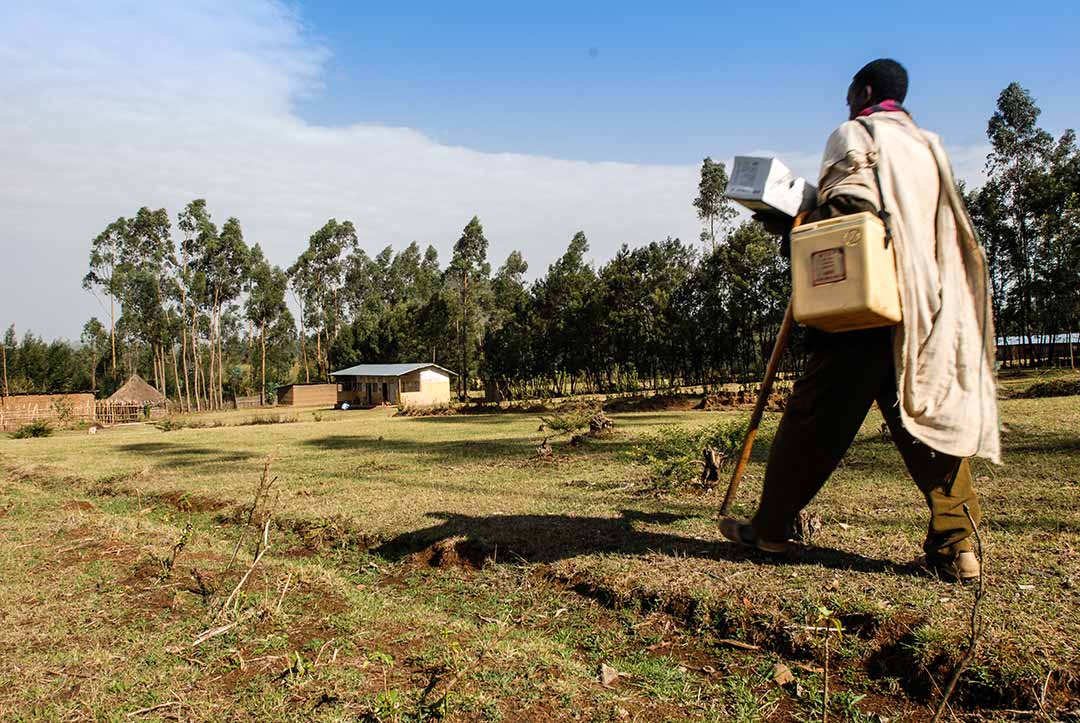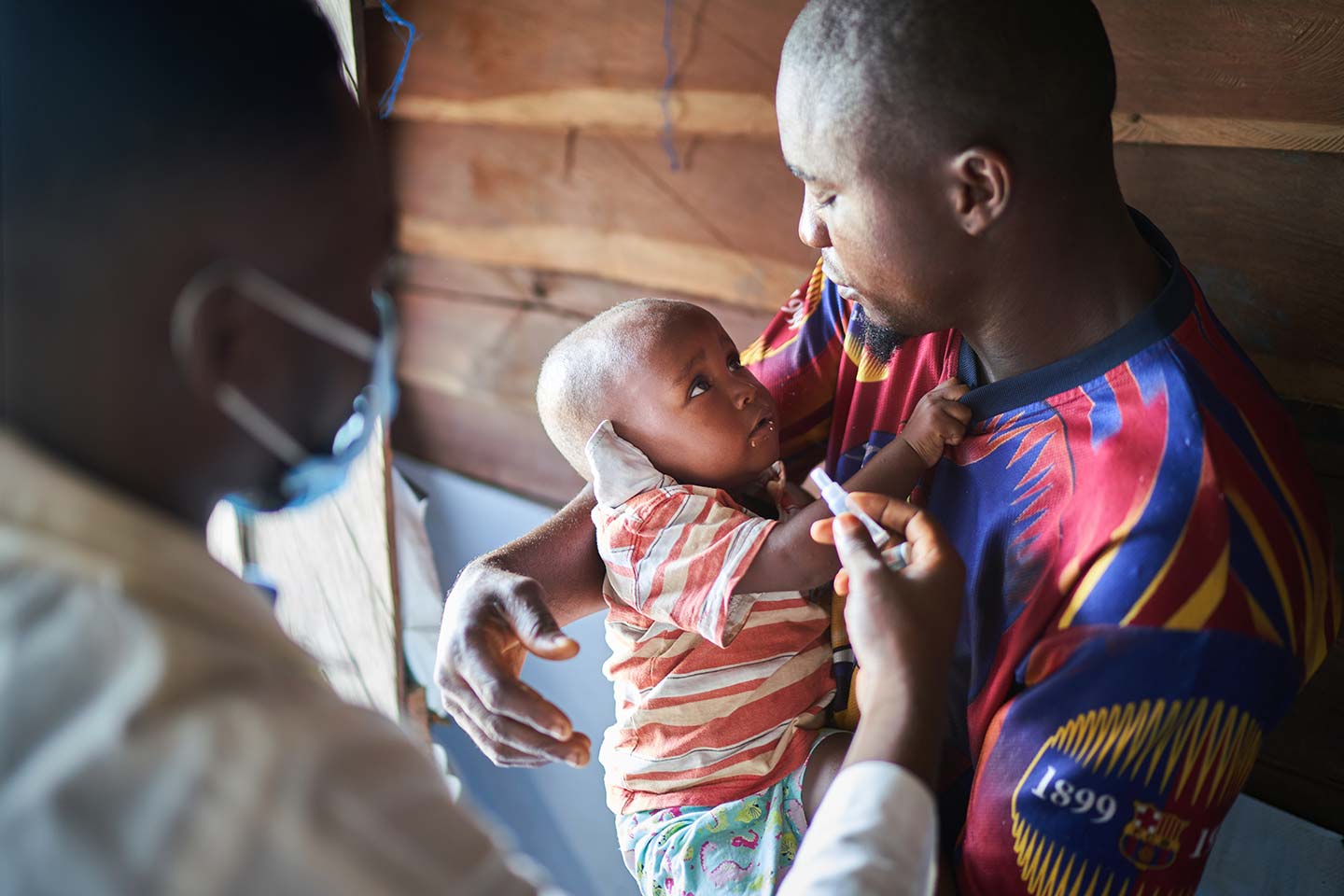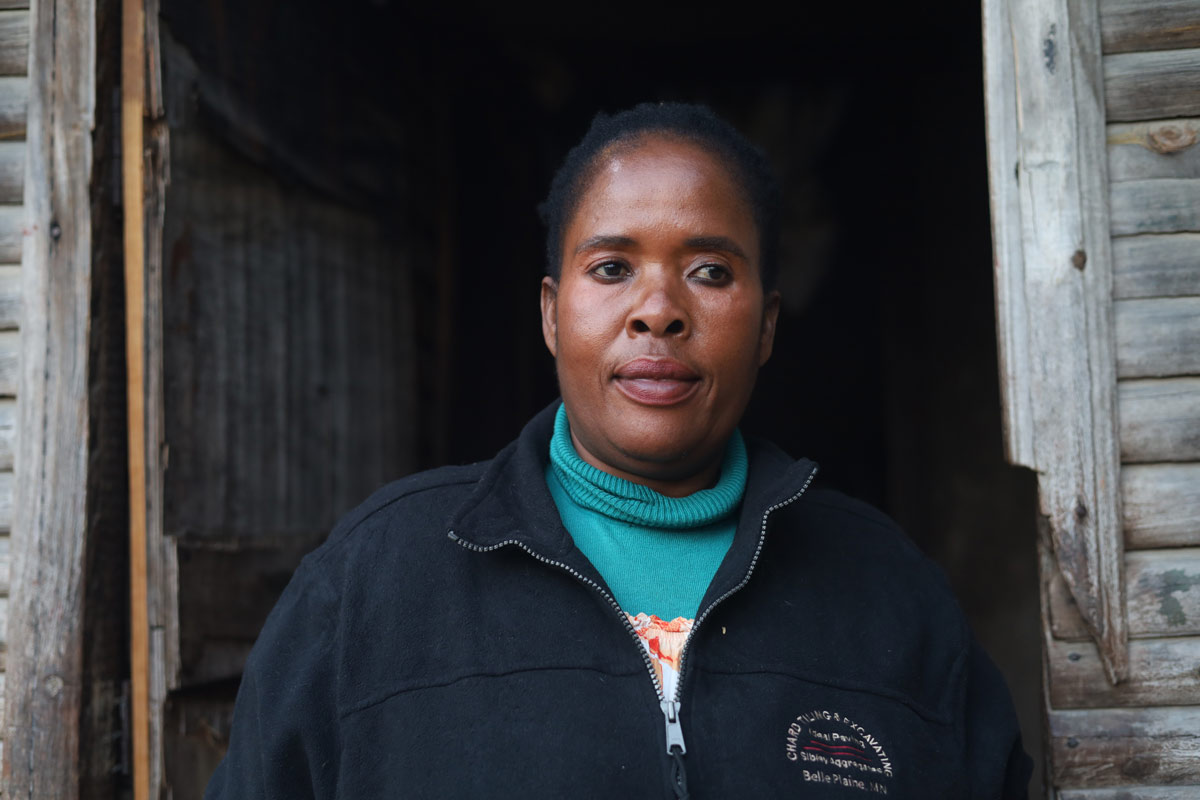Is there an economic case for global vaccinations?
New research adds to the argument that the global distribution of COVID-19 vaccines is the most optimal solution for a global economic recovery.
- 28 January 2021
- 4 min read
- by Tetsekela Anyiam-Osigwe
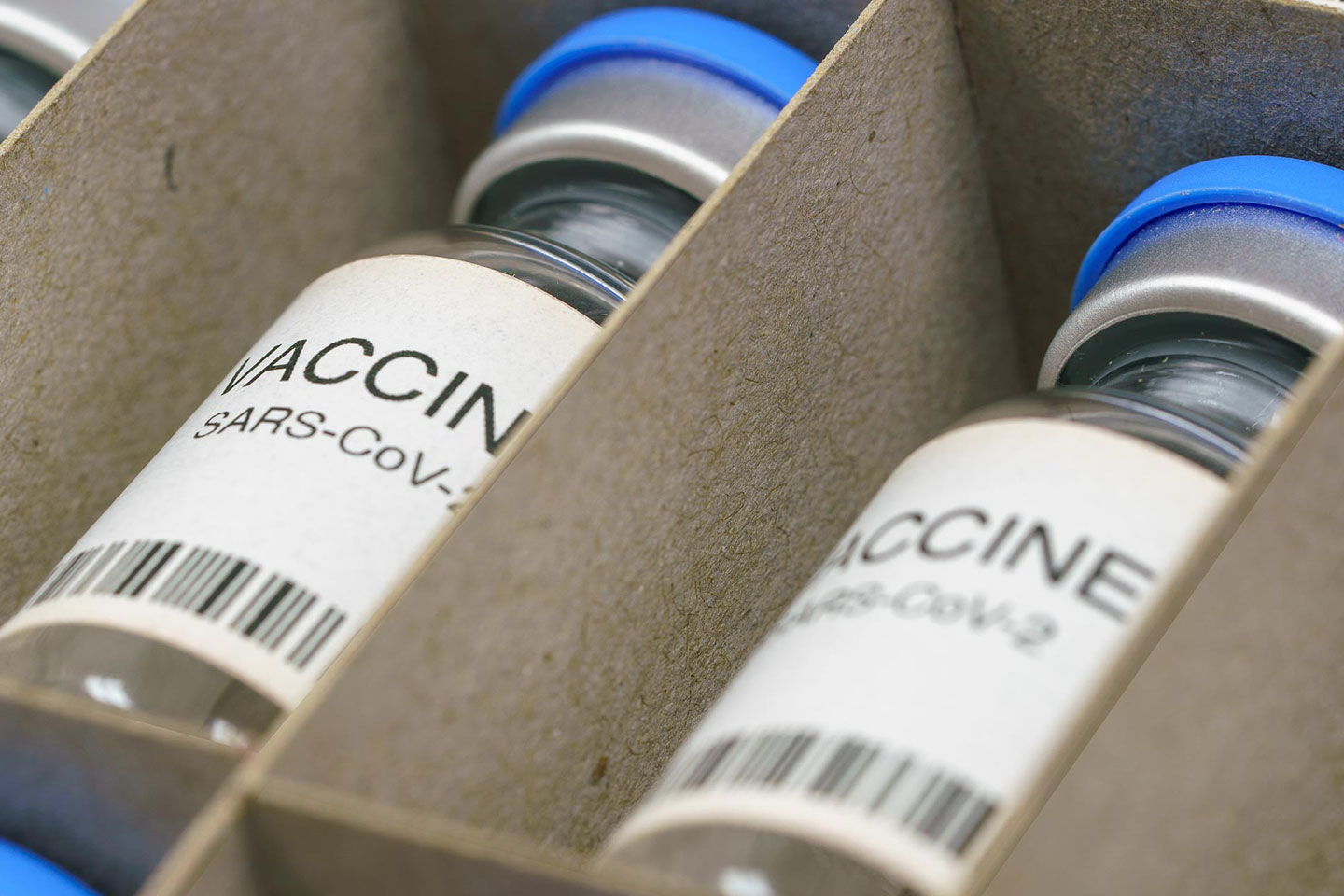
A new study commissioned by the International Chamber of Commerce (ICC) Research Foundation uses a sophisticated economic epidemiological model of international trade and production networks to assess the economic impact of an uncoordinated approach to COVID-19 vaccine access. Covering 65 countries across 35 sectors, the study shows that no economy in the world can fully recover from the adverse effects of the pandemic until COVID-19 vaccines are equally accessible in all countries across the world.
These pandemic-induced economic losses “can only be mitigated through a multilateral coordination ensuring the equitable access of vaccines, tests and therapeutics.”
No one recovers until everyone recovers
The findings of the study, conducted by researchers from Koc University, the University of Maryland and Harvard University, reveal that “no economy is an island.” Economic interdependence and globalisation mean that stagnations in one country have immediate and persisting negative effects on others.
This is what the researchers draw attention to as the world looks towards ending the acute phase of the pandemic through COVID-19 vaccinations. Even if an advanced economy, like the United States, were to fully vaccinate its population, the study concluded that it would be unlikely to experience any significant recovery if its trading partners are unable to vaccinate their own populations as well.
The logic behind this, as outlined in the study, is the supply and demand shocks brought on by those unvaccinated countries that would continue to suffer from the pandemic. On the one hand, these trading partners will be unable to demand exports from the fully vaccinated country because of their own persisting economic slowdown.
On the other hand, the fully vaccinated country will be unable to import what it needs because the production patterns in all unvaccinated trading countries will continue to be negatively impacted by sick workers and lockdown restrictions.
Have you read?
Going global
The findings of the study suggest that rallying behind global collaborative efforts, like the Access to COVID-19 Tools (ACT) Accelerator, to ensure equitable access to COVID-19 vaccines is an investment opportunity capable of yielding high returns for all economies.
The estimated return on investment is over 166 times the US$ 27.2 billion currently needed to fully fund the ACT-Accelerator. In fact, the losses that would be incurred from a nationalistic approach to vaccine access in more advanced economies is likely to be substantially higher than what these countries would have to provide in donor funds in order to guarantee that COVID-19 vaccines can be procured by every country, regardless of their income level.
Compared to a scenario where all countries are vaccinated, more advanced economies are projected to lose nearly 4% of their Gross Domestic Product (GDP) if COVID-19 distribution remains uncoordinated at the global level.
These pandemic-induced economic losses “can only be mitigated through a multilateral coordination ensuring the equitable access of vaccines, tests and therapeutics.”
What happens if we still opt for an uncoordinated approach?
In the absence of multilateral efforts to ensure equitable vaccine access and the resulting uneven vaccination levels across the world, economies across the world will continue to remain at risk of a “sluggish recovery.”
Here are the results of some scenarios the researchers modelled:
-
Scenario 1: Developing countries are not able to vaccinate their populations this year.
Should we continue with an uncoordinated approach, the study finds that the global economy will contract by up to US$ 9.2 trillion this year, which is equivalent to more than 7% pre-pandemic global GDP. Advanced economies that reach optimal vaccination levels are set to incur nearly half of this cost, with additional potential economic losses of up to US$ 4.5 trillion, if vaccine rollouts in developing countries remain stagnant. -
Scenario 2: Developing countries vaccinate half of their population by the end of 2021.
In this more optimistic scenario, the opportunity cost of forgoing a speedier global distribution of COVID-19 vaccines is still high. Though total global costs will decrease to US$ 4.4 trillion, more than half will be borne by more developed economies, with their GDP losses amounting to more than US$ 2 trillion.
More from Tetsekela Anyiam-Osigwe
Recommended for you
